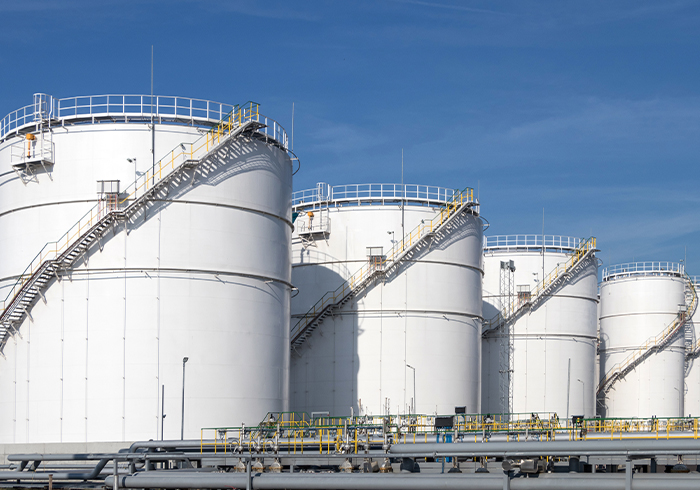Momentum continues to build around environmental, social and governance (ESG) efforts in trade and trade finance. Every week, the GTR editorial team reports on encouraging new developments in this space. Recently, this has included a decision by the European Council that gives export credit agencies (ECAs) in the EU until the end of 2023 to set deadlines for ending support for fossil fuels; the formation of the Climate Working Group, a new initiative convened by the Berne Union bringing together ECAs and other insurers and financiers to accelerate climate action; as well as the much-anticipated launch of a pilot of a new ESG scoring tool for measuring country, supply chain and company activity against EU and UN sustainability goals.
Other developments have been less heartening. The annual Banking on Climate Chaos report, a comprehensive global analysis on fossil fuel financing released as this publication goes to press, documents that in the six years since the adoption of the Paris Agreement, the world’s 60 largest private banks poured US$4.6tn into fossil fuels. As much as US$742bn of support was provided in 2021 alone.
The report, which was co-authored by NGOs including BankTrack, Sierra Club and Oil Change International, includes a timeline that lays out how banks that joined the Net-Zero Banking Alliance last year simultaneously financed “some of the most egregious oil and gas expansion companies”.
The NGOs call for banks to close the policy gaps and turn off the tap on fossil fuels. “As we look ahead to shareholder season, we’ll be keeping up the pressure on the banks and their investors to take these critical reforms seriously and stop bankrolling the fossil fuel industry’s reckless expansion plans,” says Adele Shraiman, campaign representative for the Sierra Club’s fossil-free finance campaign.
In this publication, we take a closer look at these and other issues impacting on ESG and trade. In our ‘Meet the campaigners’ feature, we profile the views of three environmental rights advocates at groups that have been calling on industry participants to take tougher stances on climate change. We ask them about their approach, the lifecycle of an investigation, and their end goals.
As the world transitions towards a clean energy system, our ‘Critical minerals’ report examines how global demand for rare earths and metals is set to soar in the coming decade, the work that governments are doing to secure supply chains, and why export credit agencies may be called upon to support these efforts.
Our coverage also includes a ‘Future of gas’ feature, which details the conflicting perspectives on natural gas as a transition fuel from climate researchers and NGOs, compared to banks and traders, as well as the hotly disputed role of hydrogen in the future energy mix.
Elsewhere, we broaden our coverage of the ‘S’ in ESG and investigate new solutions that financiers are rolling out to better support minority-led exporters, indicative of a new wave of innovation taking place across the industry – one which is necessary to ensure progress continues to be made.








